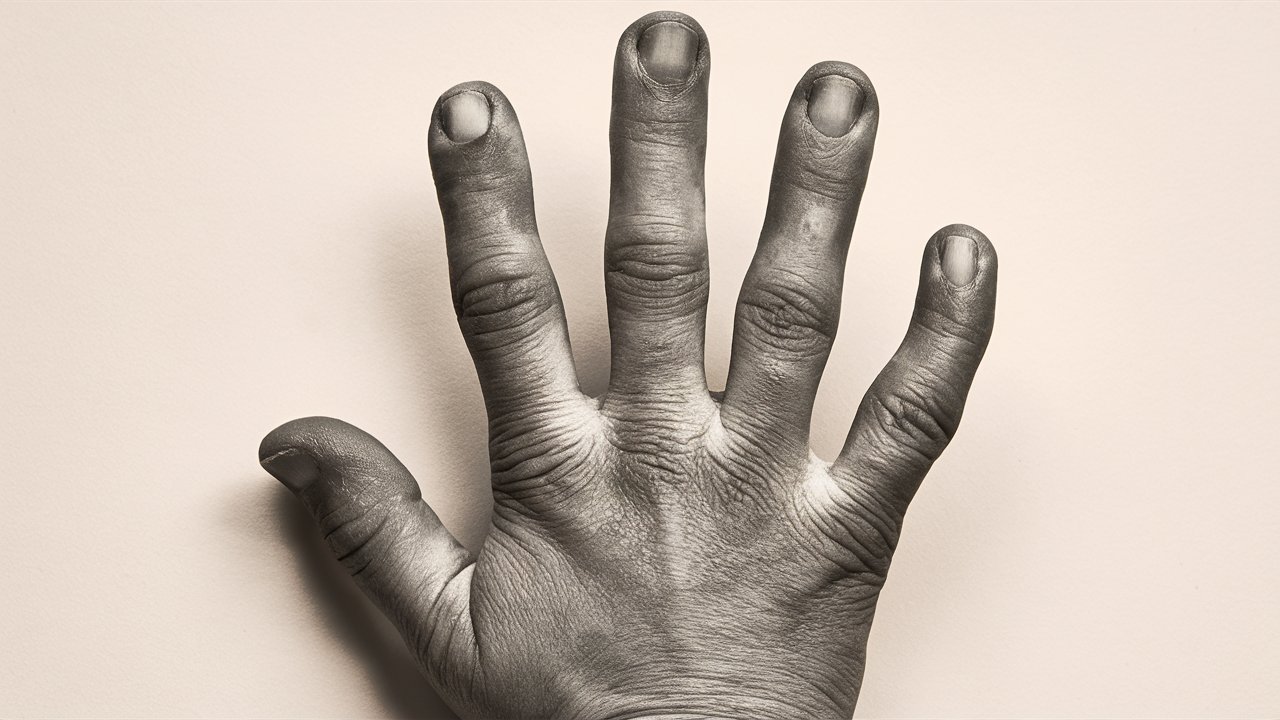
Ayazi Syndrome is a rare genetic disorder that affects multiple systems in the body. Named after Dr. Ayazi, who first described it, this condition is characterized by a combination of unique symptoms. Symptoms often include developmental delays, intellectual disabilities, and distinctive facial features. Genetic mutations are the primary cause, specifically affecting certain genes responsible for normal development. Diagnosis typically involves genetic testing and thorough clinical evaluations. Treatment focuses on managing symptoms and improving quality of life, as there is no cure. Understanding Ayazi Syndrome is crucial for early intervention and support. Let's delve into 20 fascinating facts about this rare condition to shed light on its complexities and the challenges faced by those affected.
What is Ayazi Syndrome?
Ayazi Syndrome is a rare genetic disorder that affects multiple systems in the body. It is named after the physician who first described it. This condition can lead to various physical and developmental challenges. Here are some intriguing facts about Ayazi Syndrome.
Genetic Basis of Ayazi Syndrome
Understanding the genetic foundation of Ayazi Syndrome can help in grasping its complexities.
- Ayazi Syndrome is caused by mutations in the FOXP1 gene. This gene plays a crucial role in brain development and function.
- The FOXP1 gene is located on chromosome 3. Specifically, it is found at the 3p14.1 region.
- Mutations in FOXP1 can be inherited or occur spontaneously. This means the condition can be passed down from parents or arise anew in an individual.
Symptoms and Characteristics
Ayazi Syndrome manifests in various ways, affecting both physical and cognitive functions.
- Children with Ayazi Syndrome often have developmental delays. These delays can impact speech, motor skills, and learning abilities.
- Speech and language difficulties are common. Many children with this syndrome struggle with articulation and understanding language.
- Behavioral issues such as autism-like symptoms may occur. These can include repetitive behaviors and social interaction challenges.
- Physical abnormalities can be present. These might include distinct facial features, such as a broad forehead or a flat nasal bridge.
- Some individuals may have heart defects. These can range from mild to severe and may require medical intervention.
- Seizures are a possible symptom. Not all individuals with Ayazi Syndrome will experience seizures, but it is a noted risk.
Diagnosis and Testing
Diagnosing Ayazi Syndrome involves a combination of clinical evaluation and genetic testing.
- Genetic testing is essential for a definitive diagnosis. This usually involves sequencing the FOXP1 gene to identify mutations.
- Early diagnosis can help manage symptoms more effectively. Interventions can be tailored to the individual's needs.
- Multidisciplinary teams are often involved in diagnosis. This can include geneticists, neurologists, and developmental pediatricians.
Treatment and Management
While there is no cure for Ayazi Syndrome, various treatments can help manage the symptoms.
- Speech therapy is crucial for improving communication skills. Regular sessions can make a significant difference.
- Occupational therapy can aid in developing motor skills. This helps children gain independence in daily activities.
- Behavioral therapy can address autism-like symptoms. Techniques such as Applied Behavior Analysis (ABA) are often used.
- Medications may be prescribed for seizures. Anti-epileptic drugs can help control seizure activity.
- Regular monitoring of heart health is important. Cardiologists may need to be part of the care team.
Living with Ayazi Syndrome
Living with Ayazi Syndrome requires ongoing support and adaptation.
- Support groups can provide valuable resources and community. Connecting with others facing similar challenges can be comforting.
- Educational accommodations are often necessary. Individualized Education Programs (IEPs) can help children succeed in school.
- Family involvement is key to effective management. Families play a crucial role in advocating for and supporting their loved ones.
Understanding Ayazi Syndrome is the first step in providing the best care and support for those affected by this rare condition.
Final Thoughts on Ayazi Syndrome
Ayazi Syndrome, a rare genetic disorder, affects multiple body systems. Symptoms can range from developmental delays to physical abnormalities. Early diagnosis is crucial for managing the condition effectively. Genetic testing helps identify the syndrome, leading to better treatment plans. Support from healthcare professionals and family plays a vital role in improving the quality of life for those affected.
Research continues to uncover more about Ayazi Syndrome, offering hope for future treatments. Awareness and understanding of this condition can lead to better support and resources for patients and their families. If you suspect someone might have Ayazi Syndrome, consult a medical professional for proper evaluation and guidance.
Remember, knowledge is power. Stay informed and support those living with Ayazi Syndrome. Together, we can make a difference in their lives.
Was this page helpful?
Our commitment to delivering trustworthy and engaging content is at the heart of what we do. Each fact on our site is contributed by real users like you, bringing a wealth of diverse insights and information. To ensure the highest standards of accuracy and reliability, our dedicated editors meticulously review each submission. This process guarantees that the facts we share are not only fascinating but also credible. Trust in our commitment to quality and authenticity as you explore and learn with us.


